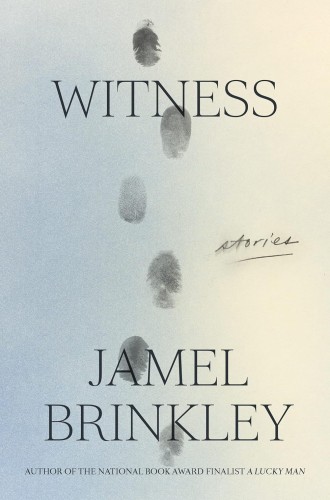The souls of Jamel Brinkley’s stories
Brinkley has a storyteller’s gift for revealing characters and the connections between them.

Witness
Stories
The Los Angeles Times asks, “Is Jamel Brinkley the best short-story writer of his generation?” He could be. He teaches fiction at the Iowa Writers’ Workshop; his first story collection, A Lucky Man, was a finalist for the National Book Award, and his second, Witness, has garnered excellent press. His characters, who are almost always people of color, strike me as quite new.
There is much to admire about the stories of this unified collection, which take place in the changing, often gentrifying outer boroughs of New York City among children of difficult parents. The smell of food from family kitchens wafts in and out of them; music plays upstairs and downstairs. It’s a sensual world in which people dance and are aware of their bodies. The air in the apartments, stuffy with moral dilemmas, waits for Brinkley to open a door or a window at the end of each story.
Binding them all is the resonant title, which of course has several meanings. To witness is to see, to tell or testify, and to exemplify. And each of these meanings has a religious dimension.





